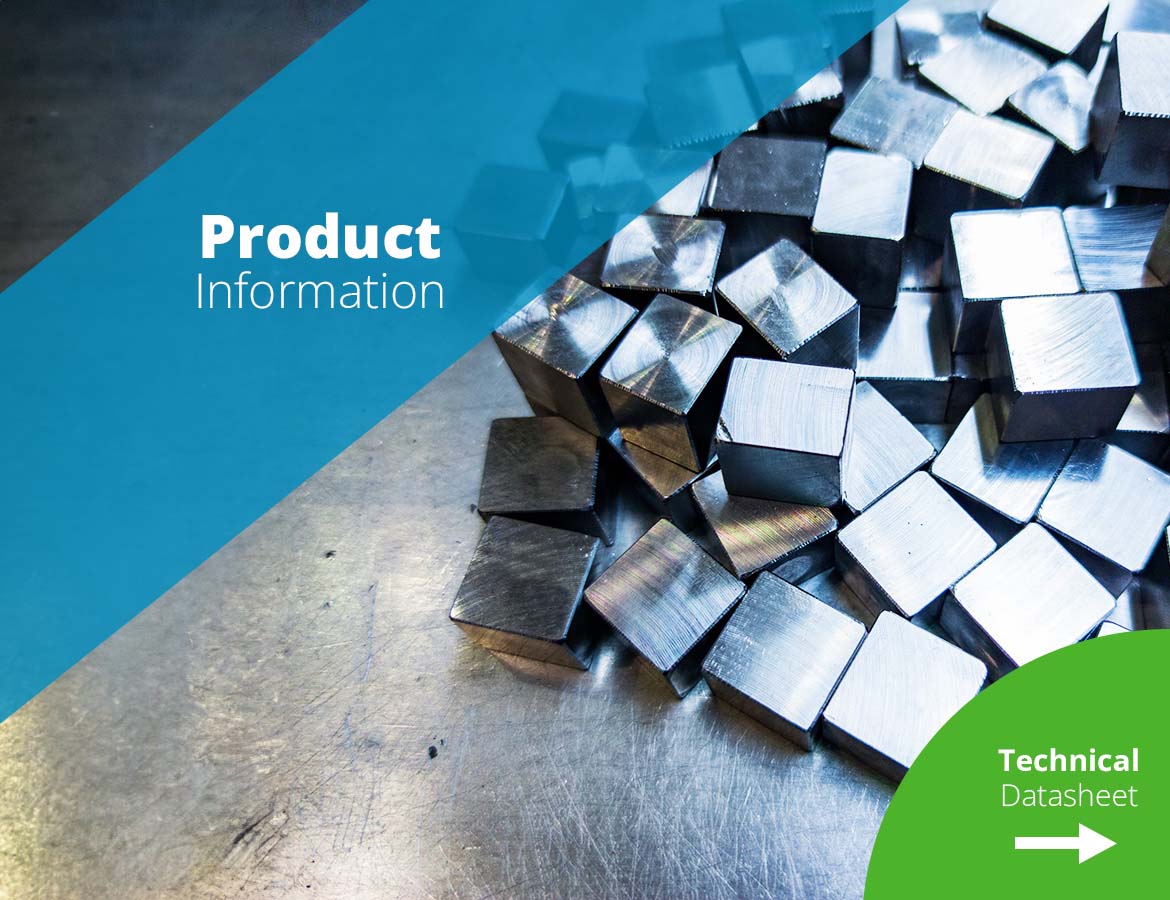Radiometal 4550
Nickel Iron Alloy Bars
Radiometal 4550 is a nickel-iron alloy highly advantageous in sensitive electronic relays that respond to weak currents. The material offers excellent permeability with high saturation flux density.
The alloy is also widely employed in transformers, chokes and motors, especially when silicon-iron products do not meet magnetic performance levels. Although considered a more niche product, Radiometal 4550 represents an attractive engineering material in specific application areas, including protection relays, actuators, servo valves, telecommunications, motors and even missile systems.
Heat Treatment
The alloy is supplied in the hard rolled, hard drawn or softened condition and can be milled, stamped, turned or deep drawn. Following fabrication operations, parts require subsequent heat treatment to maximise magnetic properties. Radiometal 4550 should be heated at 1180°C (2155°F) in dry hydrogen for 4 hours and then cooled to 300°C (507°F) over 8 hours.
Stock Availability
We stock Radiometal 4550 in forged bars 6mm to 7mm diameter and 3 metres in length.
Machining
The material work hardens readily, so it is important to choose the right tool geometry, material feeds, speeds, and cutting fluids. Nevertheless, machining nickel-iron alloys is straightforward with high-speed steel or tungsten carbide tooling. Keeping machining blades sharp and speeds low will prevent deceleration by providing enough torque at the cutting edge. Cutting Radiometal 4550 generates significant heat, so coolant is recommended.
New Testing laboratory Testing laboratory
In 2024, our UKAS Materials Testing Laboratory relocated to a new, expanded, dedicated site in Biggleswade.
Discover- Radiometal 4550
- Electronic relays
- Transformers
- Servo valve and actuators
- Specialist motors
- Excellent magnetic permeability
- High saturation flux density
- Improved magnetic performance compared to silicon iron alloys
- Straightforward to machine





